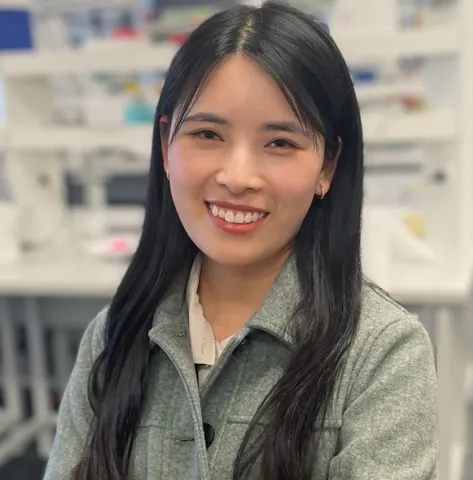About the project
This project aims to develop advanced technologies and systems that integrate biological sensors, data analytics, and artificial intelligence to monitor, diagnose, and manage health conditions and diseases. These systems are designed to provide real-time, accurate, and personalised information about a person's health status, allowing for timely interventions and better healthcare decision-making.
This project is focused on developing state-of-the-art technologies that integrate biological sensors, data analytics, and artificial intelligence (AI) to revolutionise how health conditions and diseases are monitored, diagnosed, and managed. By leveraging these advanced systems, we aim to enable real-time, precise, and personalised health insights that can enhance both individual and public health outcomes. Our approach combines high-sensitivity biological sensors with robust data analytics to capture and interpret complex physiological signals accurately, covering biomarkers that can indicate early signs of disease or changes in a patient's health condition.
Additionally, by embedding AI-driven algorithms, the system can not only analyse large volumes of data with high accuracy but also learn and adapt to individual health patterns over time. This adaptability supports more precise, patient-specific monitoring, allowing healthcare providers to make timely interventions based on reliable, up-to-date information. These insights can help in managing chronic conditions, predicting potential health risks, and facilitating early diagnoses, ultimately leading to more informed healthcare decisions and better patient outcomes.
By addressing both technical and clinical challenges, this project aims to bridge the gap between advanced health data collection and practical healthcare applications, paving the way for a proactive, patient-centred healthcare model. The ultimate goal is to make healthcare more efficient, accessible, and tailored to individual needs, providing clinicians and patients with tools that bring better health insights into everyday practice.
